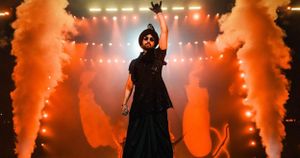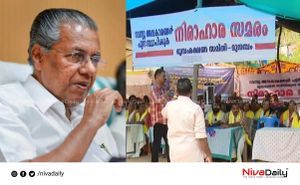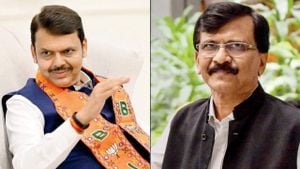Australia's government has pushed back against allegations from Elon Musk, owner of X Corp, who claimed the country is seeking to maintain control over internet access through legislation aimed at restricting children's use of social media. This was highlighted after the introduction of new legislation mandatorily banning children under the age of 16 from using popular platforms like TikTok, Facebook, and X.
Australian Treasurer Jim Chalmers characterized Musk's remarks as "unsurprising", asserting the government's focus is to protect minors online rather than cater to the whims of tech billionaires. "The idea of Elon Musk being unhappy with our measures to protect kids online certainly isn’t shocking to us," Chalmers noted during press remarks on Friday. "Our priority is not to draft social media regulations to appease Musk; it’s about safeguarding children from online harms."
The proposed legislation, which could be voted upon as early as next week, aims to impose substantial fines on social media companies permitting underage children to create accounts. These fines can reach as high as 150 million Australian dollars (approximately 133 million US dollars) for non-compliance. Musk took to X to express his concerns, asserting the legislation poses as "a backdoor method of controlling internet access for all Australians".
When queried if the government’s actions were intended to limit internet access, Chalmers responded emphatically, "Of course not." He emphasized the government’s commitment to child safety online and dismissed Musk's reactions as reflective of his previous statements on similar issues.
This latest clash is part of an extended period of tension between the Australian government and the global tech mogul, particularly surrounding the question of user safety and social media regulations. Just months prior, Musk criticized Australia for what he called censorship, following judicial orders manding X to restrict global access to certain video content.
Prime Minister Anthony Albanese has previously labeled Musk as "an arrogant billionaire" who operates under the impression he’s above legal obligations, which has fueled the discourse surrounding regulation and compliance. This includes vocal criticism from government officials around Musk’s approach to online discourse.
This tension is not merely political, as it reflects broader concerns about online safety and regulation posed by powerful tech entities. The discussion surrounding children's access to social media has become particularly relevant as public awareness of digital safety continues to grow amid rising incidents of cyberbullying and exposure to harmful content.
Julie Grant, the Australian eSafety Commissioner who launched the court action against X, has also been at the center of this controversy. She reported experiencing severe harassment and threats online, including doxxing, following the positioning of the legislation and Musk's public statements. Musk’s comments, she claimed, were akin to issuing "a dog whistle to his 181 million followers", which encouraged aggressive backlash against her.
Given this hostile backdrop, the standoff between Musk and the Australian government looks to escalate as both entities navigate the contentious waters of internet freedom, child safety, and corporate responsibility. Australia’s government remains firm on its stance to prioritize children's online safety, which it believes necessitates shielding them from the often unregulated world of social media.
Further debates are anticipated within the Australian Parliament as this legislation now faces scrutiny and deliberation, with lawmakers addressing the intricacies and potential impacts of enforcing such measures on popular social media platforms. With technological change constantly reshaping the social media terrain, the outcome of this debate could have long-lasting consequences for internet governance, child safety standards, and corporate accountability.
Whether Musk will alter his strategy or rhetoric remains to be seen as these discussions evolve.



